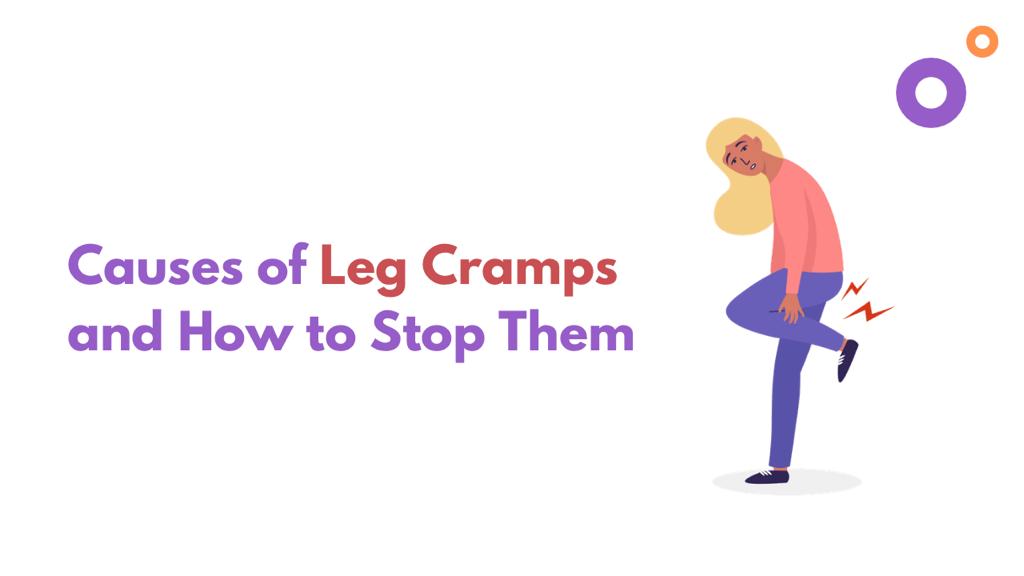
Causes of Leg Cramps–and How to Stop Them
Medically reviewed by
Dr. Akhil Bansal Professor & Senior Surgeon - Orthopedics
Leg cramps also known as night cramps are extremely painful spasms that typically occur involuntarily in camp muscles during night. This feels like a painful knot on your leg muscle which jolt you awake in the middle of the night or during physical activities such as running and cycling.
Leg muscle cramps - can last from a few seconds to 10 minutes and can also happen in the thighs or feet
These leg cramps occur due to the following reasons:
Lifestyle reasons –
Certain activities or exercises like recreational running, weight training of legs, sports that require a lot of running make you more prone to leg cramps. The risks are even higher when you don’t stay hydrated.Medical reasons –
Pregnancy or certain medical conditions like Addison’s disease, alcohol use disorder, kidney failure, thyroid issues, Parkinson’s disease, type 2 diabetes, sarcoidosis, cirrhosis or vascular disease can increase leg cramps. See your doctor at FirstCure Health if you are experiencing more leg cramps than usual.Medications –
such as birth control pills, diuretics, naproxen (Aleve), albuterol, asthma medication and statins can contribute to leg cramps.Treating leg cramps
If you’re in the throes of a painful cramp, it helps to massage and stretch it gently. If it’s in your calf, flex your foot to attempt to stretch the muscle or walk around on your heels if the pain isn’t unbearable and usually the effects of a cramp disappear in a few minutes.
There are no medications to treat recurring muscle cramps. However, you may prevent or alleviate muscle cramps in your legs by making simple lifestyle changes like drinking plenty of water since cramps are usually caused due to dehydration. The frequency of leg cramps can be decreased by having a healthy diet with plenty of fresh fruits and vegetables.
Certain vitamins and minerals improve muscle function, particularly potassium and magnesium. Research has found that increasing your magnesium intake can reduce the frequency of leg cramps, especially for pregnant women. Speak to your doctor about the dosage. With a supplement, eat foods rich in magnesium such as nuts, lentils and quinoa or a potassium-rich banana.